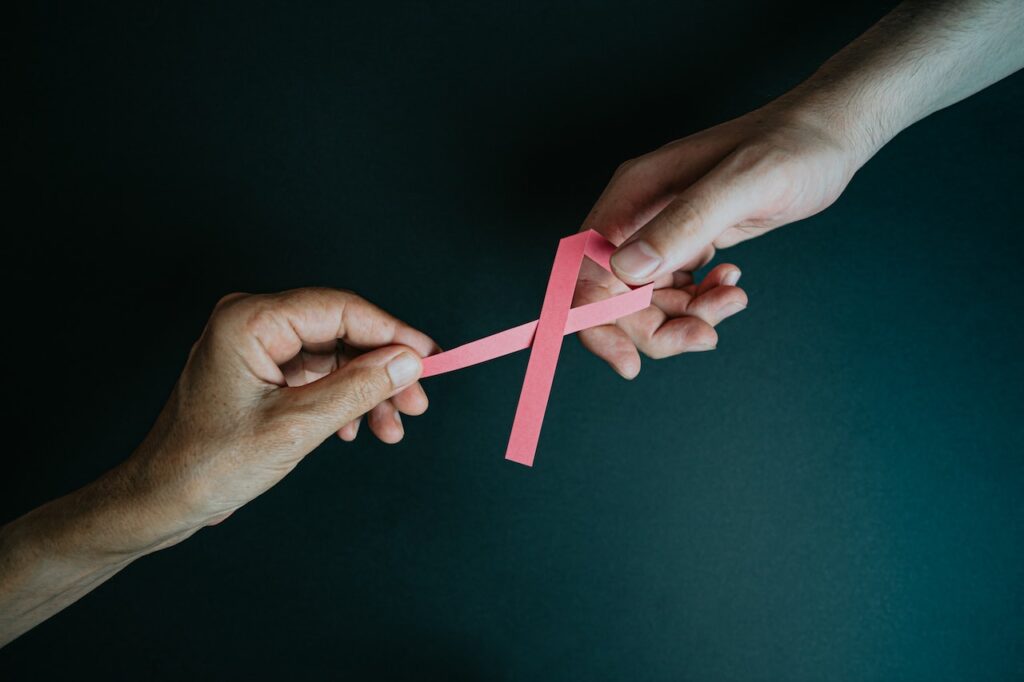Introduction: 🌟
Welcome, wonderful readers! Today, we delve into an essential topic that affects countless lives: Hereditary Breast Cancer 💗🧬. This captivating journey will unveil the complexities of this condition, how it relates to our genes, and the empowering steps we can take for early detection and prevention. Join us as we embark on an enthusiastic exploration filled with valuable information, cute emoticons, and heartwarming images! 😍💪
1. Unveiling the Mystery of Hereditary Breast Cancer 🧐💔
Breast cancer is a prevalent concern worldwide, affecting both women and men. However, hereditary breast cancer represents a unique aspect of this disease. It is estimated that approximately 5% to 10% of breast cancer cases are hereditary, resulting from genetic mutations passed down through families 🧬💗.
What Causes Hereditary Breast Cancer?
Hereditary breast cancer is primarily associated with mutations in two major genes: BRCA1 and BRCA2. These genes play a crucial role in suppressing the growth of tumors and repairing damaged DNA. When mutations occur in BRCA1 or BRCA2, the risk of developing breast and ovarian cancer significantly increases.
2. Understanding BRCA1 and BRCA2 Genes 🧬💡
Let’s meet the genetic superheroes: BRCA1 and BRCA2! These genes are part of the human genome and belong to a class of genes known as tumor suppressors. Their primary responsibility is to prevent the formation of cancerous cells by repairing DNA damage and maintaining cellular stability.
a) BRCA1 🦸♀️
The BRCA1 gene, located on chromosome 17, acts as a vigilant guardian against uncontrolled cell growth. Mutations in BRCA1 can disrupt its tumor-suppressing functions, increasing the likelihood of breast and ovarian cancer. Individuals with BRCA1 mutations have up to an 87% risk of developing breast cancer during their lifetime.
b) BRCA2 🦸
Meet the trusty sidekick! BRCA2, situated on chromosome 13, is another essential gene that repairs damaged DNA. Mutations in BRCA2 can compromise its ability to maintain genetic stability, leading to a higher risk of breast cancer. Individuals with BRCA2 mutations have around a 45% to 84% chance of developing breast cancer in their lifetime.
Hereditary breast cancer follows an autosomal dominant inheritance pattern. This means that if one parent carries a mutated BRCA1 or BRCA2 gene, there is a 50% chance of passing it on to each child. It’s essential to recognize that inheriting a mutated gene does not guarantee that cancer will develop, but it does increase the risk significantly.
3. The Hereditary Breast Cancer Pattern 🔄🧬
Who Should Consider Genetic Testing? 🧪🔍
Genetic testing for BRCA1 and BRCA2 mutations is recommended for individuals with a family history of breast or ovarian cancer. It helps identify those at higher risk, allowing for early detection and personalized preventive strategies. Additionally, genetic counseling plays a crucial role in understanding test results, assessing cancer risk, and making informed decisions about healthcare options.
4. Empowerment Through Knowledge and Early Detection 🌟🏥
Knowledge is power! Armed with information about hereditary breast cancer, we can take proactive steps to safeguard our health and well-being 💪💗.
a) Regular Breast Cancer Screenings 🩺🎗
Early detection is key to successful treatment. Women with a family history of breast cancer or known BRCA1/BRCA2 mutations are advised to start breast cancer screenings earlier than the general population. Mammograms, clinical breast exams, and breast self-exams are essential tools for detecting any abnormalities in the breasts.
b) Preventive Measures and Risk Reduction 🌱🚫
For individuals with high-risk BRCA1 or BRCA2 mutations, preventive measures may be considered. These can include prophylactic mastectomy (removal of breast tissue) or prophylactic oophorectomy (removal of ovaries) to reduce the risk of developing breast and ovarian cancer. However, these decisions should be made after thorough discussions with healthcare providers and genetic counselors.
Conclusion: Uniting Against Hereditary Breast Cancer 🤝💖
As we bid farewell to this enlightening journey, let us remember the power of knowledge and awareness in the fight against hereditary breast cancer. By understanding the role of BRCA1 and BRCA2 genes and embracing early detection and preventive measures, we empower ourselves and our loved ones to face this challenge head-on.
Together, we can foster a world where hereditary breast cancer is no longer a daunting threat, but a condition we approach with courage and resilience. Let’s continue spreading awareness, supporting ongoing research, and lending a helping hand to those who need it the most. We stand united in this journey of hope, love, and healing. 💖🌟
Reference:
-
- Learn more about Hereditary Breast Cancer from the American Cancer Society: American Cancer Society
Visit DOCTAGEN.COM for more information and to find the best doctor who matches your genetic information and can treat your disease.

